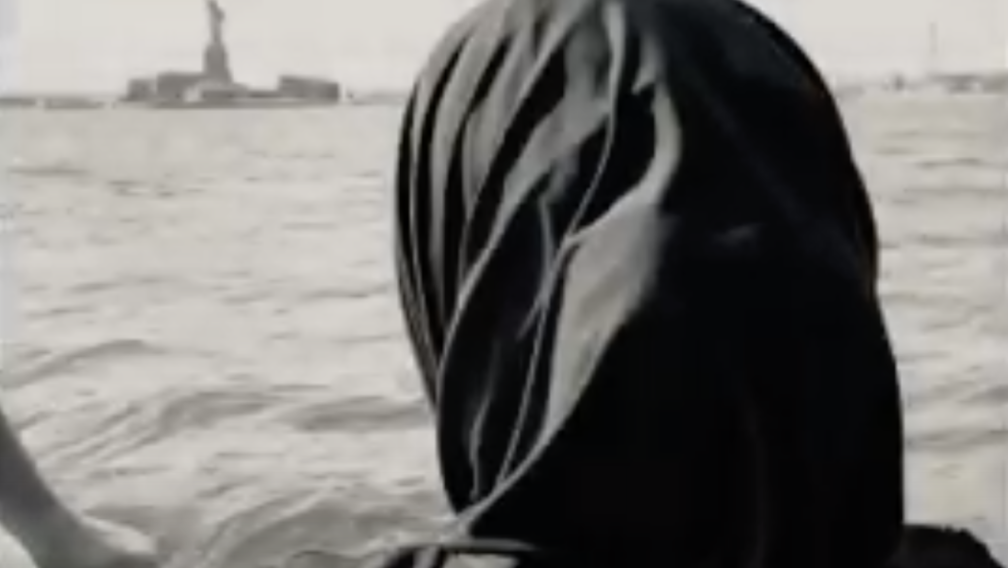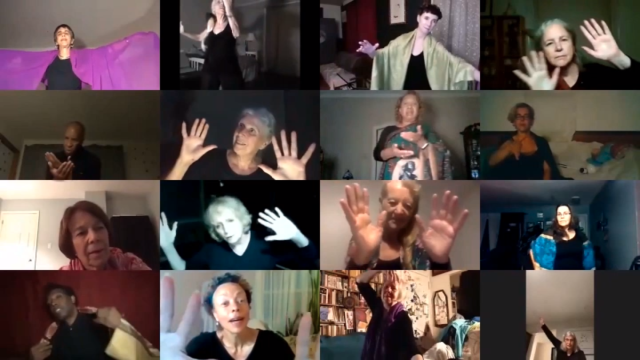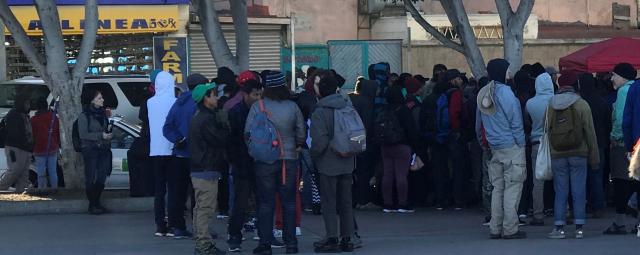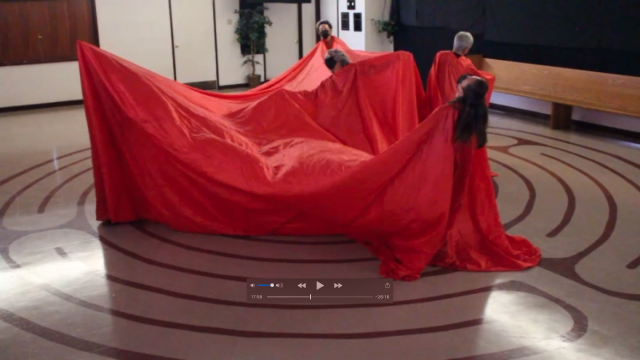Trinity Movement Choir will perform in St. Paul’s Chapel on Thursday, September 22, with in-person dancers and an in-person audience for the first time in almost three years.
However, that performance should not be seen as a return to previous ways. It’s really a step into a new world.
“It’s not your usual in-person performance,” said Marilyn Green, the founder and director of Trinity Movement Choir.
“The circumstances have changed. The period of doing virtual performance has affected everything.”
Seventeen of the 40 dancers will be physically present for the performance of “Humankind,” which Trinity Movement Choir presented last year, online only. The other 23 have recorded their dances, their performances to be projected on the chapel walls.
“Some of the people in New York who have underlying physical conditions are really Covid-conscious and don’t want to come in and dance physically together yet. And this gives them choices, they don’t have to do something that would be a risk,” said Green.
It wasn’t health concerns that motivated the rest of the dancers. They recorded their performances because they live in other parts of the world, as far away as New Zealand, and became part of Trinity Movement Choir during the pandemic because virtual performances made their participation possible.
“As difficult as it’s been to juggle it, it’s enriched it enormously by adding wonderful people who could never have danced with us conventionally,” Green said.
Trinity Movement Choir began performing more than a decade ago and has frequently explored relevant contemporary topics such as water justice and creation care. The theme of “Humankind” is no exception. The sacred dance had its genesis in late 2018 when thousands of migrants were traveling through Central America to the U.S.-Mexico border.
Green says that enormous caravan of asylum seekers, combined with the realization that the United Nations estimates that almost 90 million persons in the world are “forcibly displaced,” provided the motivation to create “Humankind.”
A 30-foot-long cloth is the central visual element of “Humankind.” The dance begins with five persons in the cloth and four dancers playing the role of gatekeepers. Refugees make up the remainder of the cast, hoping to be included in the cloth and initially kept away by the gatekeepers. As the sacred dance proceeds, all are admitted into the cloth, no person is excluded.
“There’s no way to do this without being in the cloth,” Green explained. “That represents the collective community and you can’t move in it without affecting everyone else.”
Marilyn Green admits to mixed feelings right now. She’s experiencing the understandable stress related to returning to an in-person audience and coordinating projection of the recorded performances on the walls of St. Paul’s Chapel while recognizing that the upcoming presentation is what the dancers have dreamed of since the pandemic began in March 2020.
“Going back to St Paul’s to do a technical check was like heaven. I’m so thrilled. I feel as though I’ve lost touch with the audience and I really miss them,” Green said.
“It’s wonderful to talk to people before and after, to see how they feel, how they react, what they think. And we’re not going to get that unless we’re there on the spot.”
Even with the logistical challenges of returning to a live event, Green anticipates that “Humankind” will retain its emotional power, for the dancers and for their audience.
“What we wanted to do was affirm what’s really important about human society and it came down for me that everyone is connected, that you can’t do something to some of us without doing it to all of us,” Green said.



